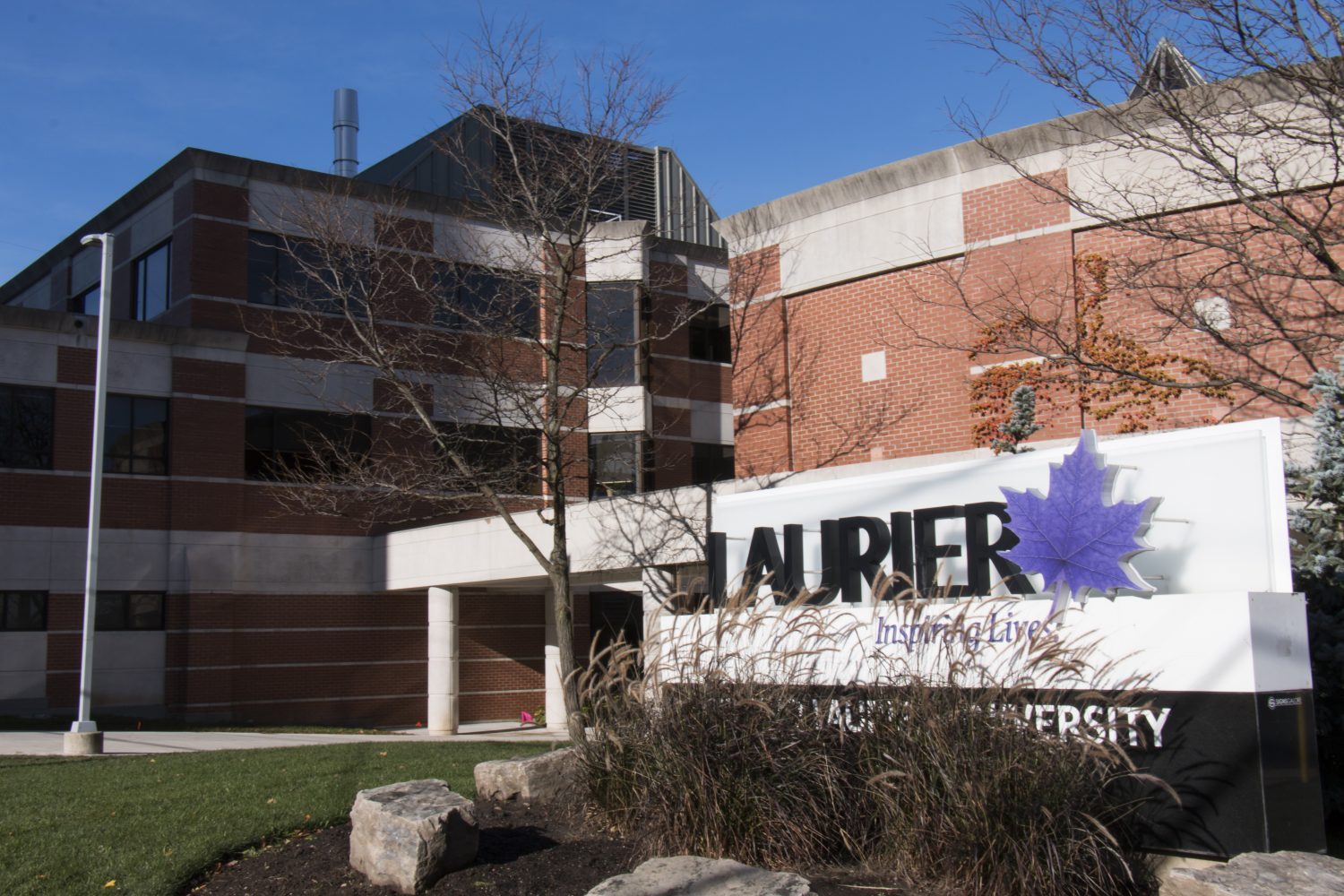E(RACE)r work reviewed after a year of action

“Until the philosophy that holds one race superior and another inferior is finally and permanently discredited and abandoned, everywhere is war.”
These are the words that framed the e(RACE)r summit on race and racism on Canadian university campuses post-summit report.
Above, Laura Mae Lindo, director of the Diversity and Equity Office, quoted the words of civil rights activist Bob Marley in a speech made at City Hall just weeks before.
The summit was held at the Paul Martin Centre on Wilfrid Laurier University campus on Tuesday, one year after the e(RACE)r summit which was held on March 21, 2016.
The post-Summit report had three speakers; Laura Mae Lindo, incoming president Deborah MacLatchy and Aboriginal Initiatives senior advisor, Jean Becker. As well in attendance was the office of MPP, Catherine Fife.
The post-summit report revisited the calls to action laid out in the previous year’s summit.
“I think it’s really important that we keep this conversation going on and we reach a point where we have policies [at universities] that tell us this is not okay and racist behaviour is not okay,” Becker said.
“We have to examine how this works and what is really going on, including looking at the power imbalance that allows racism to occur.”
The post-summit report also initiated a sector-wide timeline to operationalize the calls to action. The work plan began on March 21 and won’t end until 2018 of the same day.
The university also released a news statement at the event:
“Laurier, through the Diversity and Equity Office, will focus this year on implementing a sector-wide anti-racism policy, as well as developing and delivering sector-wide, annual anti-racism training for senior administration and faculty.
“The university aims to launch a call for a sector-wide anti-racism task force at the e(RACE)r Summit being planned for 2018.”
The news release also included the post-summit reports five calls to action.
“The first step is establishing a sector-wide anti-racism task force to compile and analyze past and current reports on racism in post-secondary education,” read the statement.
“The second call to action is developing and delivering sector-wide anti-racism training for senior administration on an annual basis.”
“The third step will be developing and delivering sector-wide anti-racism training for faculty on an annual basis.”
“The fourth step is building a sector-wide community of practice through an online portal that pro-vides the post-secondary sector with anti-racism resource sharing, monthly updates on the status of race and racism on North American campuses and the promotion of promising practices in anti-racism education.”
“The final step will be implementing a sector-wide anti-racism policy outlining accountability measures that ensure the sustainability of racial justice work in the post-secondary sector and the elimination of racism across all university and college campuses.”
“I think that it was another strong sign of collaboration, inner-collaboration within the institution, but also partnerships outside,” Lindo said.
Representatives of the Waterloo Regional Police Department were also in attendance at the post-Summit report.
“Often, when we hear about instances of racism, they aren’t specific to just Laurier. They’re imbedded in the community of which Laurier students are apart of, so we’re hoping to work closely with our community partners,” Humera Javed, education and inclusions coordinator, said.
“There has to be sector wide and community wide support to do the work. Because racism is systemic nature, one of the ways we are trying to do our work creatively and differently is also engaging people who are doing the work outside the school and in the community.”
There are a total of 19 universities that took part in the inaugural summit.
They last met in 2016 to speak about the nature of racism in the post-secondary sector and to grapple with both its root causes and potential approaches to racial justice work.
The post-summit report served as an opportunity to provide an overview of the conversations that led to the five calls to action.
As well, a reminder that there was still a lot of work to be done.
“It’s an important point in the development of real work being done to counter racism on university campuses … In the way the summit was approached, involving 19 other institutions, was quite a ground-breaking event,” Becker said.

